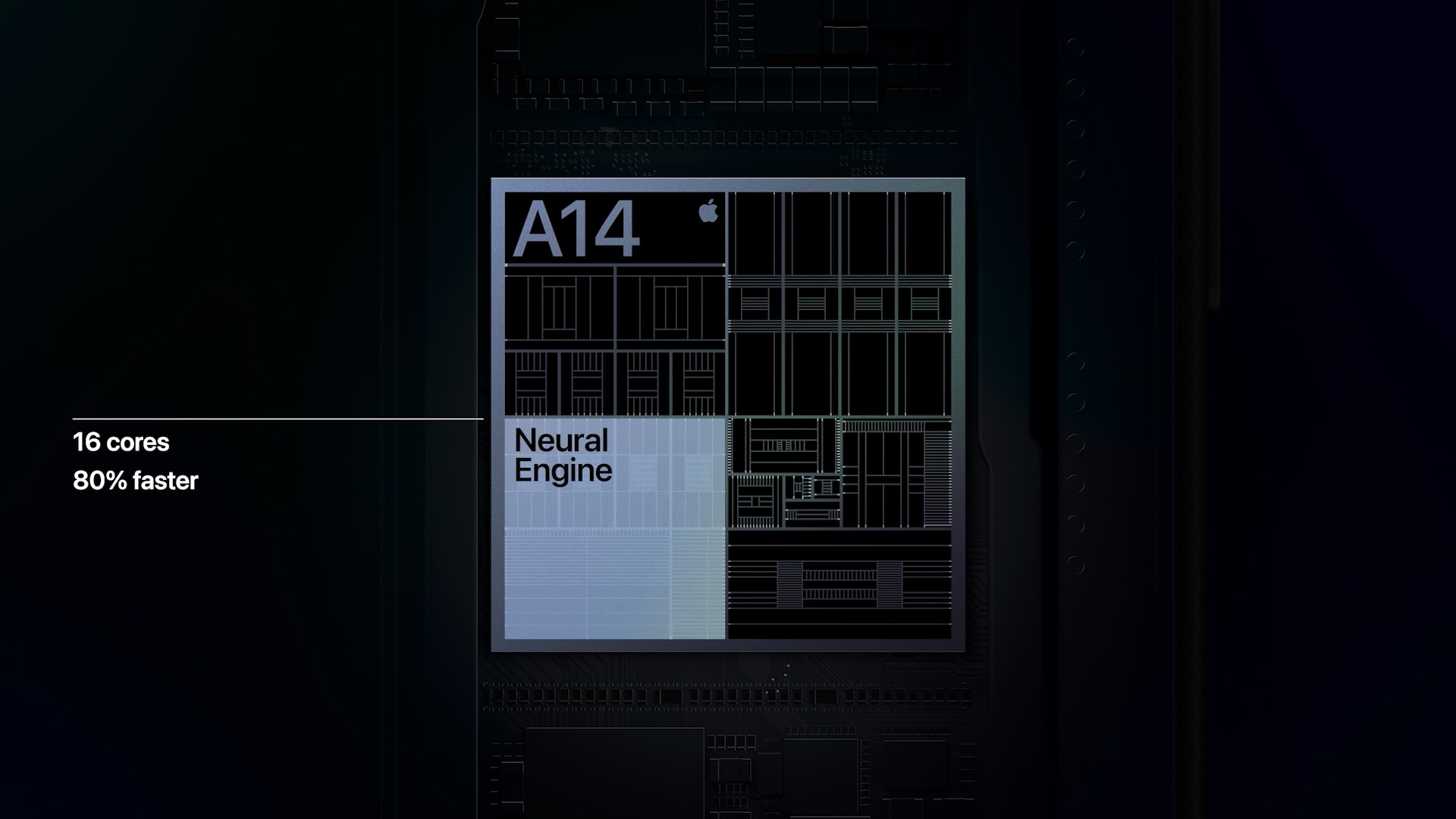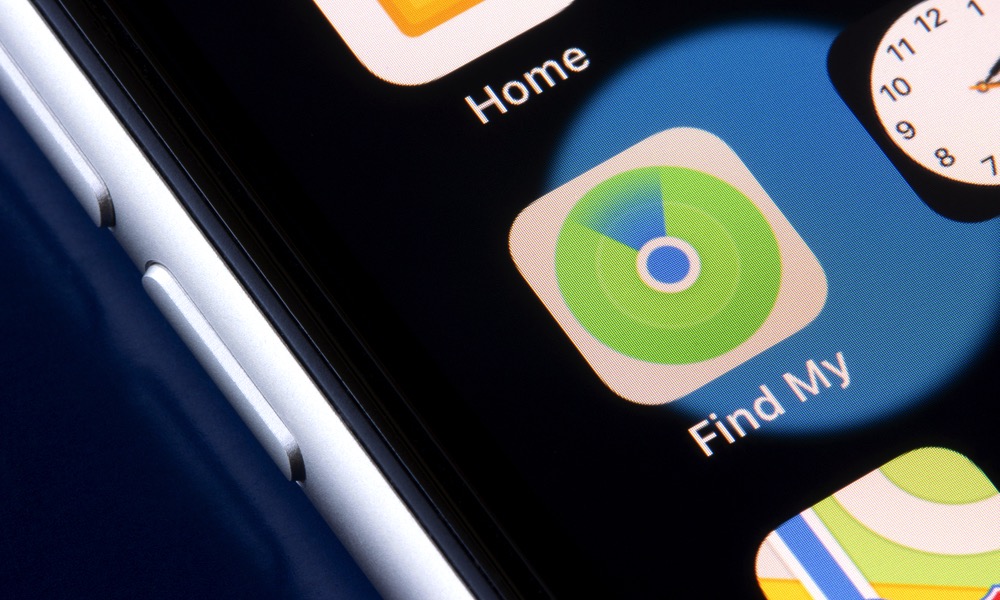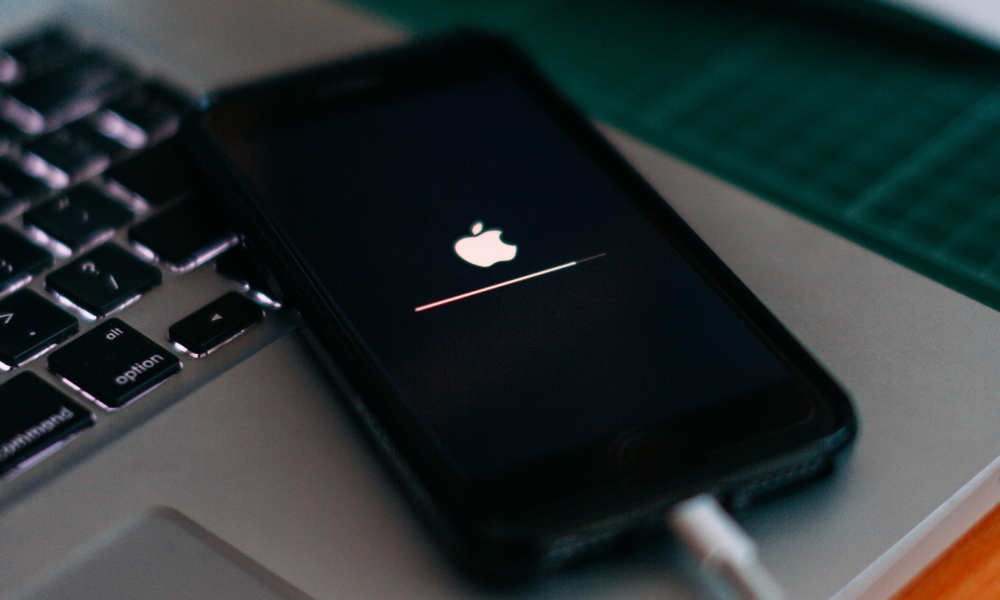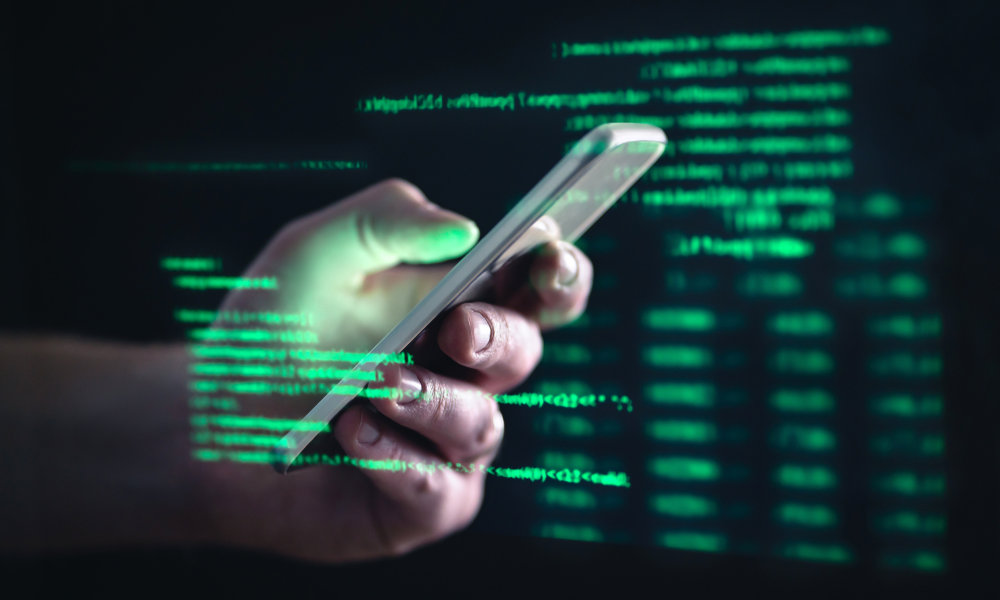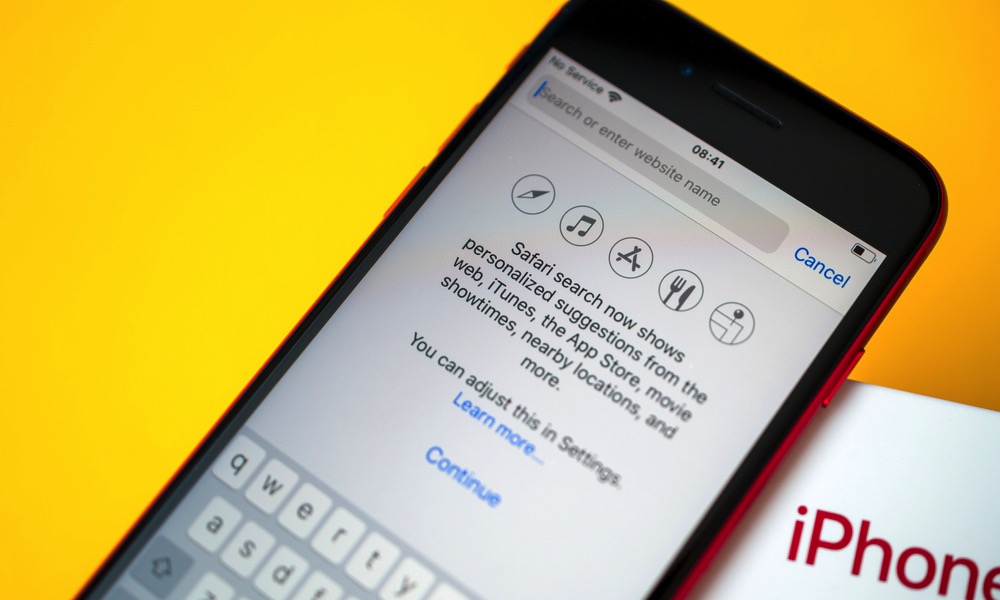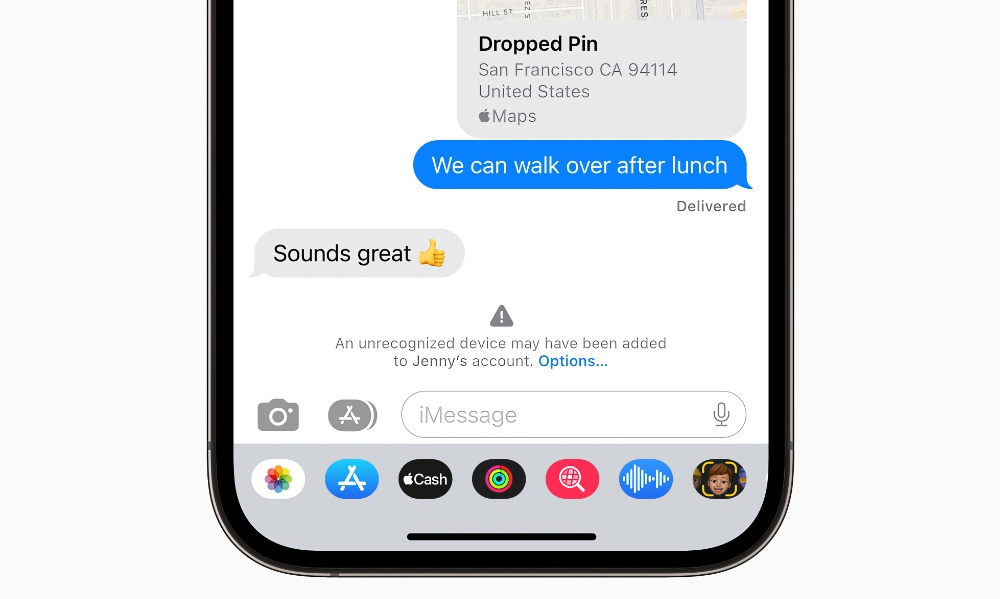7 Things to Know About the iOS 16.6 Update and Why You Should Install It
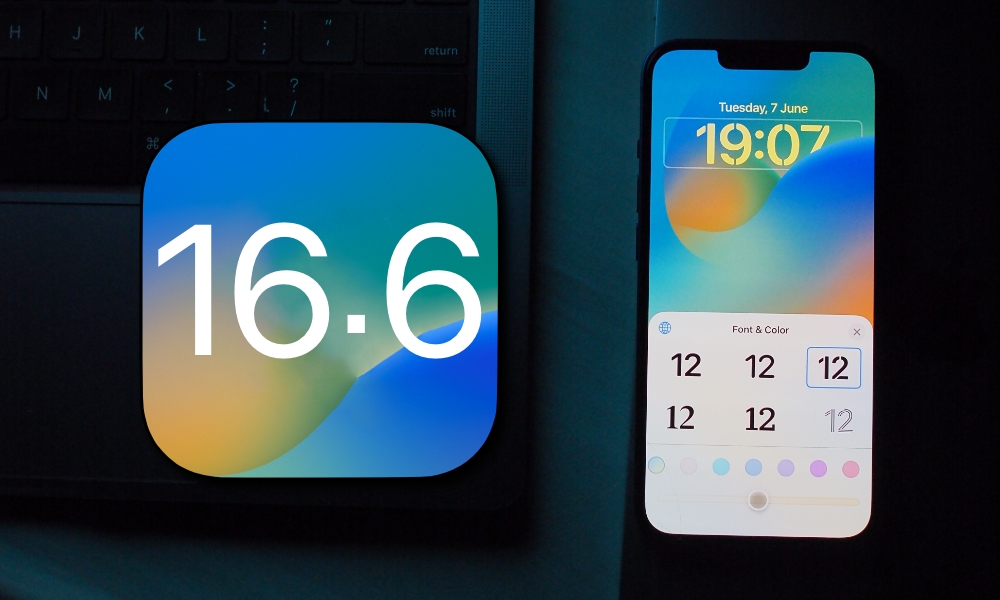 Credit: Penfer
Credit: Penfer
Toggle Dark Mode
Even though iOS 17 is just around the corner, Apple is still releasing updates for iOS 16, and while the latest iOS 16.6 update might not look like much, it’s still worth installing as soon as possible.
As it turns out, iOS 16.5 had a couple of vulnerabilities that hackers could potentially exploit without you even knowing about it. Moreover, the new software update also brings a few fixes you may not have known you needed.
Here’s everything you need to know about iOS 16.6 and why it’s worth updating your iPhone ASAP.
What’s New in iOS 16.6
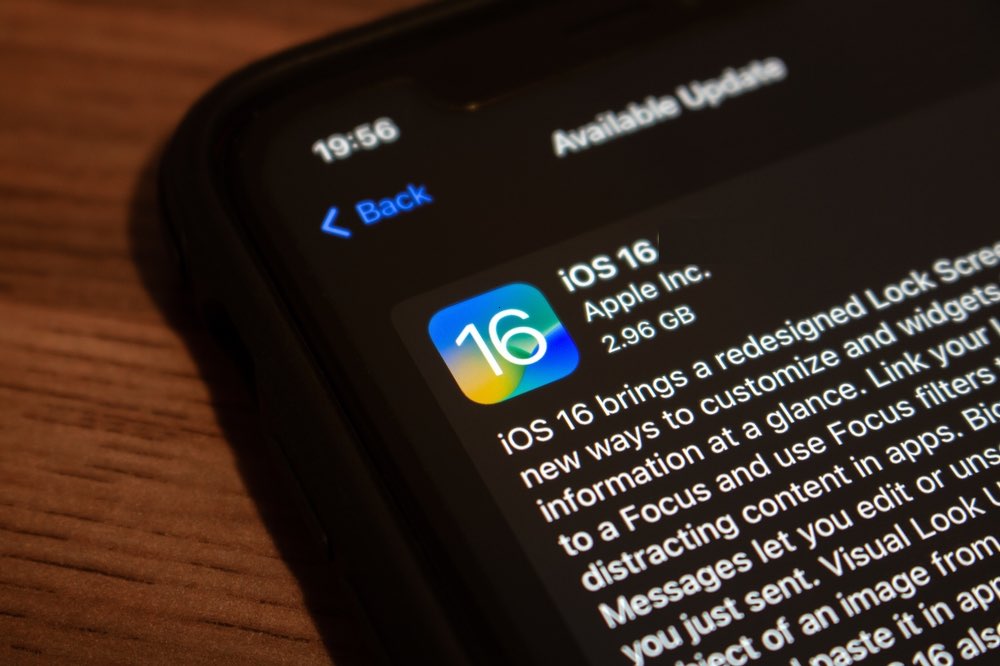
If all you ever care about is exciting and cool new features, you probably didn’t pay much attention to iOS 16.6. After all, it barely introduced anything noticeably new.
However, what it did was fix a few major bugs that could leave you exposed to an attack. Here are the major changes Apple introduced in iOS 16.6:
iOS 16.6 Fixes the Apple Neural Engine
Apple’s Neural Engine is a feature inside the iPhone 8 and newer models that helps with processing, machine learning, and AI functions. However, it also had some issues with past iOS 16 versions.
As Apple puts it, “an app may be able to execute arbitrary code with kernel privileges.” Basically, this means that a shady developer could run a specific line of code to exploit this vulnerability in your iPhone.
Fortunately, iOS 16.6 addresses this issue, so the Apple Neural Engine should be safer now.
Find My Gets More Secure
By now, you probably know about Apple’s Find My app, which ties into Apple’s crowd-sourced location network that helps you keep track of all your Apple devices and other tagged items in one place.
Well, as it turns out, Find My had a security issue in which an app could read data about your location. That should no longer be the case with iOS 16.6.
Apple Also Fixed the iOS Kernel
The Kernel, which is the core part of the iOS operating system as a whole, also had a few security problems in iOS 16.5 that let other apps cause system terminations and even corrupt your kernel memory.
There was another security issue that, just like with the Apple Neural Engine, allowed apps to run arbitrary code to possibly mess with your iPhone.
Fortunately, Apple addressed both issues with iOS 16.6, meaning your iPhone should be safer now.
iOS 16.6 Addresses Two Big Security Issues
Two major frameworks running in iOS 16.5 had a couple of security issues that people could exploit.
For starters, libxpc, an inter-process communication framework Apple uses on iPhone, had an issue that could cause an app to cause a “denial-of-service,” which is a malicious way to manipulate a piece of software so users can’t use it.
Further, NSURLSession, which lets apps download and upload data, could also be exploited, so an app could break out of the safety measures iOS has.
This all seems too technical for most of us, but be sure that the people who know about these issues could exploit them to mess around with anyone’s iPhone. So it’s a good thing Apple addressed it with iOS 16.6.
iOS 16.6 Fixes a Lot of Issues With WebKit
Granted, most of us probably haven’t heard about WebKit, but this is the underlying component that powers the browsers on your iPhone, whether that’s Safari or Chrome. It also lets developers integrate web content into their apps.
Unfortunately, this had a few security problems in iOS 16.5. For instance, there was a way for a website to track a user’s private data, and there was the possibility of a cross-site scripting attack. This means someone could inject malicious scripts into a trusted website to attack you.
The good news is that all of these issues were addressed with iOS 16.6, so you shouldn’t have to worry about them anymore.
iOS 16.6 Brings Contact Key Verification for iMessage Closer Than Ever
Perhaps the most exciting part of this update is that Apple may be closer to releasing the iMessage Contact Key Verification feature.
In case you don’t remember, Contact Key Verification is an upcoming iMessage feature that will let you confirm you’re messaging with the correct person. Even if someone tries to impersonate a person, you’ll be able to know if it’s really them or not.
Moreover, this feature will also notify you if there’s a security issue with the conversation you’re having. Meaning that if someone manages to get access to the other person’s messages, Apple will let you know it’s not safe to talk to them anymore.
Granted, Apple is mostly thinking of high-profile individuals for this feature, like politicians or journalists, but it’s still cool that this will be available for anyone in the future.
The Contact Key Verification feature was available for a moment in the iOS 16.6 beta, which made us believe we’d see it go live with this software update.
Unfortunately, that isn’t the case — at least not yet. Apple did add some functionality that can be used with Contact Key Verification, so it’s possible it’s just waiting to enable it on the server side.
Should You Install iOS 16.6?
With iOS 17 almost here, most people might wonder if it’s worth installing iOS 16.6 right now. While this software update isn’t as exciting as iOS 17, it’s most definitely worth it.
Having a previous version means your iPhone is vulnerable to many security threats. Granted, most of your apps won’t try to attack you, but why would you want to run that risk? Plus, by acknowledging that these were fixed in iOS 16.6, Apple has now announced to the world that these vulnerabilities are in iOS 16.5, so if hackers didn’t know about them before, they certainly do now.
It’s best to just go to Settings > General > Software Update and install iOS 16.6 ASAP.
It’s Time to Update Your iPhone
One of the best ways to keep your iPhone safe and working properly is to install any software update as soon as it’s available. Sure, iOS 17 is almost here, but that doesn’t mean cybercriminals will wait around until you install it. It’s better to be safe than sorry.


